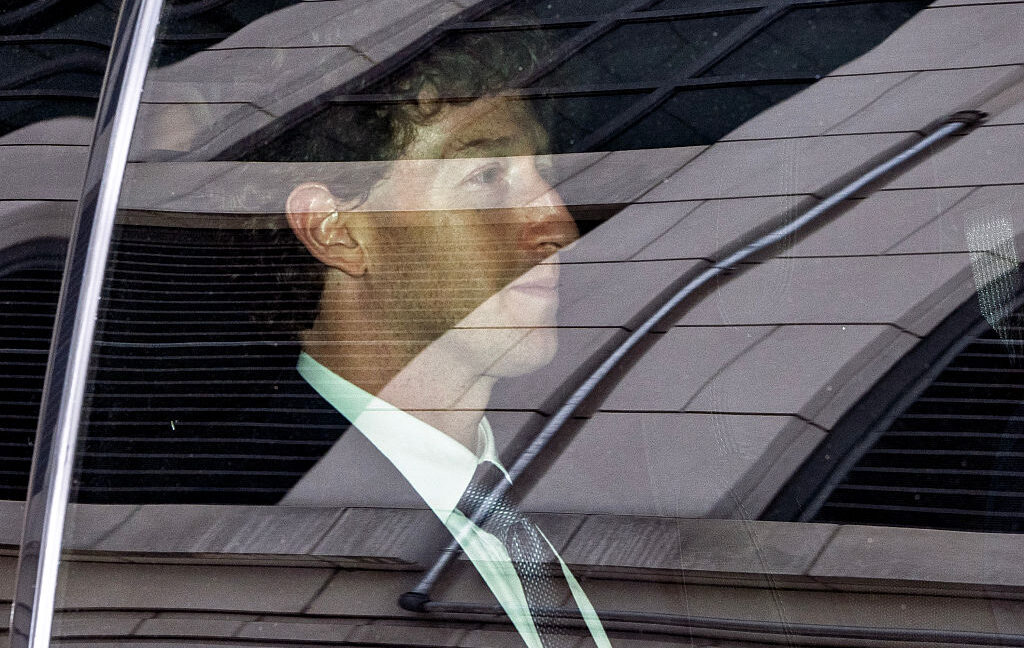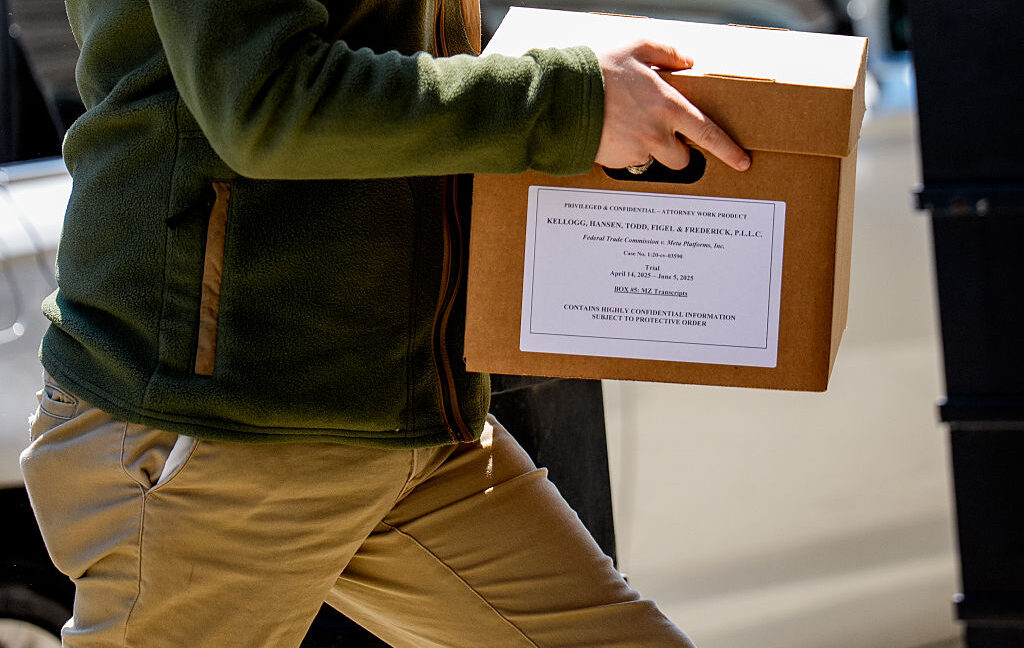Meta argues enshittification isn’t real in bid to toss FTC monopoly case
Further, Meta argued that the FTC did not show evidence that users sharing friends-and-family content were shown more ads. Meta noted that it “does not profit by showing more ads to users who do not click on them,” so it only shows more ads to users who click ads.
Meta also insisted that there’s “nothing but speculation” showing that Instagram or WhatsApp would have been better off or grown into rivals had Meta not acquired them.
The company claimed that without Meta’s resources, Instagram may have died off. Meta noted that Instagram co-founder Kevin Systrom testified that his app was “pretty broken and duct-taped” together, making it “vulnerable to spam” before Meta bought it.
Rather than enshittification, what Meta did to Instagram could be considered “a consumer-welfare bonanza,” Meta argued, while dismissing “smoking gun” emails from Mark Zuckerberg discussing buying Instagram to bury it as “legally irrelevant.”
Dismissing these as “a few dated emails,” Meta argued that “efforts to litigate Mr. Zuckerberg’s state of mind before the acquisition in 2012 are pointless.”
“What matters is what Meta did,” Meta argued, which was pump Instagram with resources that allowed it “to ‘thrive’—adding many new features, attracting hundreds of millions and then billions of users, and monetizing with great success.”
In the case of WhatsApp, Meta argued that nobody thinks WhatsApp had any intention to pivot to social media when the founders testified that their goal was to never add social features, preferring to offer a simple, clean messaging app. And Meta disputed any claim that it feared Google might buy WhatsApp as the basis for creating a Facebook rival, arguing that “the sole Meta witness to (supposedly) learn of Google’s acquisition efforts testified that he did not have that worry.”
Meta argues enshittification isn’t real in bid to toss FTC monopoly case Read More »



